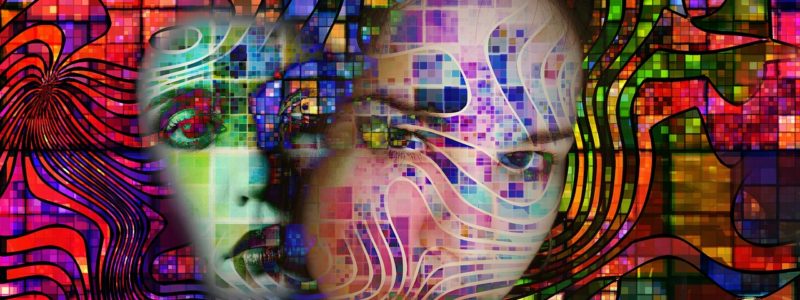What Are The Signs And Symptoms Of Schizophrenia?

The field of mental health is filled with examples of misconceptions and stigmas about what certain conditions are in terms of symptoms and potential consequences from those who are living with a mental health condition. These can be extremely unhelpful when it comes to understanding mental health and how to deal with conditions effectively, both from people who experience them and for other members in society.
In my opinion, no mental health condition is misunderstood as much as schizophrenia is.
What is Schizophrenia?
Schizophrenia is a severe, long-term mental health condition that causes a range of different psychological symptoms. It is often described as a type of psychosis, which means that the person may not always have the ability to distinguish their own thoughts and ideas from reality.
What are the Symptoms of Schizophrenia?
The symptoms of schizophrenia include having delusions, which are unusual beliefs that are not based on reality, and hallucinations which are where a person hears or sees things that don’t exist outside of their mind. A symptom based on these can be having muddled thoughts because of them. Other symptoms include not caring about personal hygiene, losing interest in everyday activities, and wanting to avoid people, even friends.
What Causes Schizophrenia?
It is unknown what exactly causes schizophrenia, but many experts believe that it is caused by a combination of genetic and environmental factors.
Genetics can therefore play a role, but one parent having schizophrenia increases the risk of developing it by only ten percent. The risk is raised higher if more family members also have the condition. It is also believed that some people are more vulnerable to developing schizophrenia because certain situations, such as stressful life events or drug misuse, can trigger the condition.
How is Schizophrenia Diagnosed?
It is better for schizophrenia to be treated early, so anyone who experiences the symptoms of it should see a GP as soon as possible. A diagnosis is usually given after an assessment has been undertaken by a mental health care professional.
Once diagnosed, it can be treated with a combination of medicine and therapy which is tailored to each individual, but a common combination is antipsychotic medication and cognitive behavioural therapy (CBT).
How is Schizophrenia Treated?
Many people recover from the condition, but they may experience times where their symptoms return. If it is managed well, the chance of severe relapses can be reduced.
Managing the condition can include taking medicine as it is prescribed, recognising the signs of an acute episode, and talking to other people about having schizophrenia, including other people who have it.
Treatment and support can reduce the impact the condition has on the daily lives of people with schizophrenia, and they usually receive help from a community mental health team who offer this.
There are also a number of support groups and charities that offer advice and help on living with the condition, and many people find it helpful to talk to other people who live with a similar condition.
Misconceptions of Schizophrenia
A common misconception about schizophrenia is that people who have the condition are violent. Even though people with schizophrenia can be unpredictable, most people are not violent. This is especially the case if they are getting treatment for the condition.
Another misconception is that people who have schizophrenia have a split personality/multiple personalities; they do not.
Both of these misconceptions are widely portrayed in films and television shows, so it is important to understand the reality from the fiction when it comes to schizophrenia as well as all mental health conditions.
I think this is very important because it can have a huge impact on how people living with the conditions are not only viewed by others, but are also viewed by themselves.
For more information about schizophrenia, and links to further information, please look at the references section.
Sarah Keeping MBPsS MSc PgDip GDip BA (Hons) Cert HE
Follow Sarah on twitter at @keepingapproach, facebook at @keepingapproach, and on instagram at @thekeepingapproach
Follow E-therapy on social media:
Facebook – @Etherapy
Instagram – @EtherapyToday
Twitter – @EtherapyToday
References
https://www.nhs.uk/conditions/schizophrenia/
https://www.webmd.com/schizophrenia/schizophrenia-myths-and-facts#1



